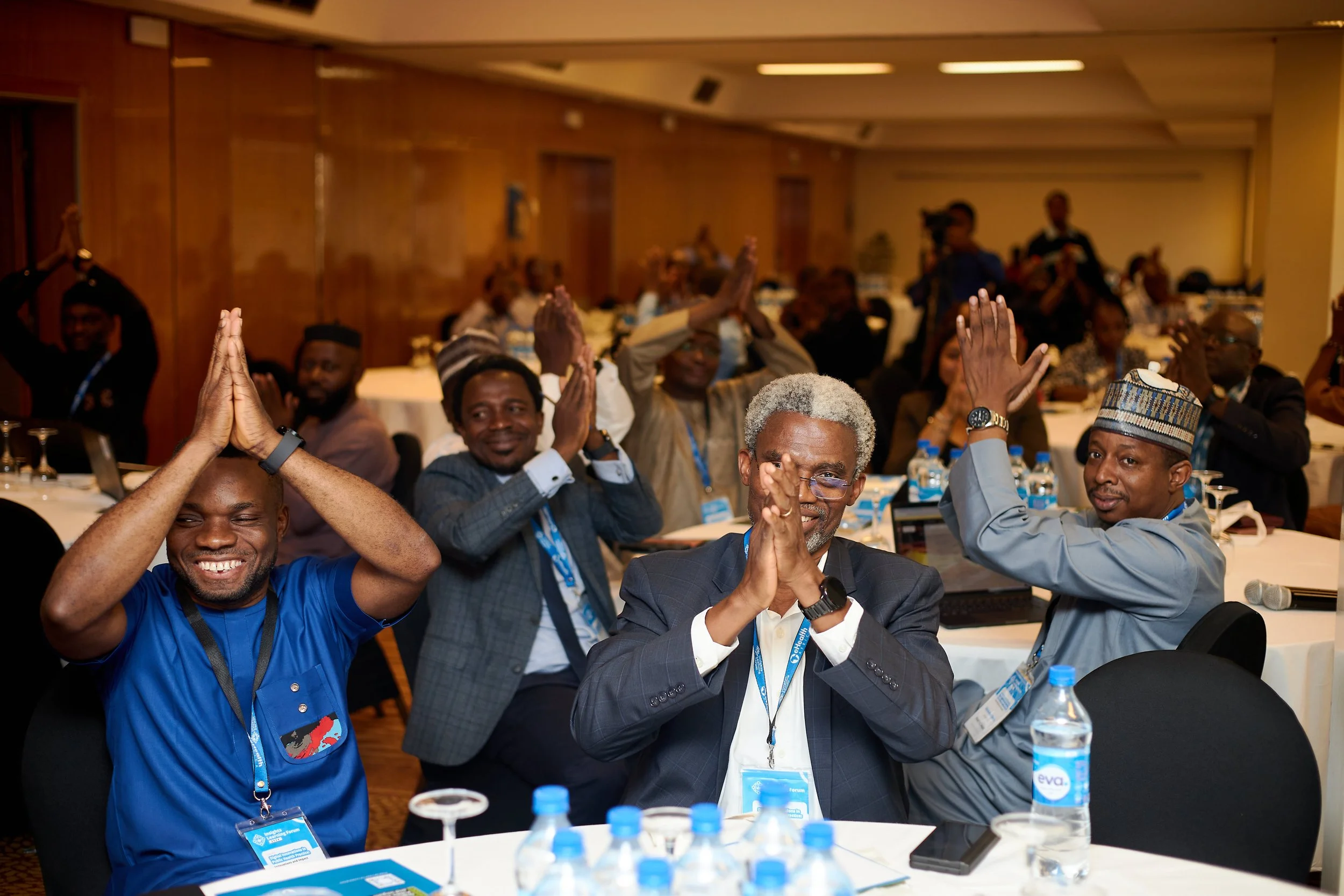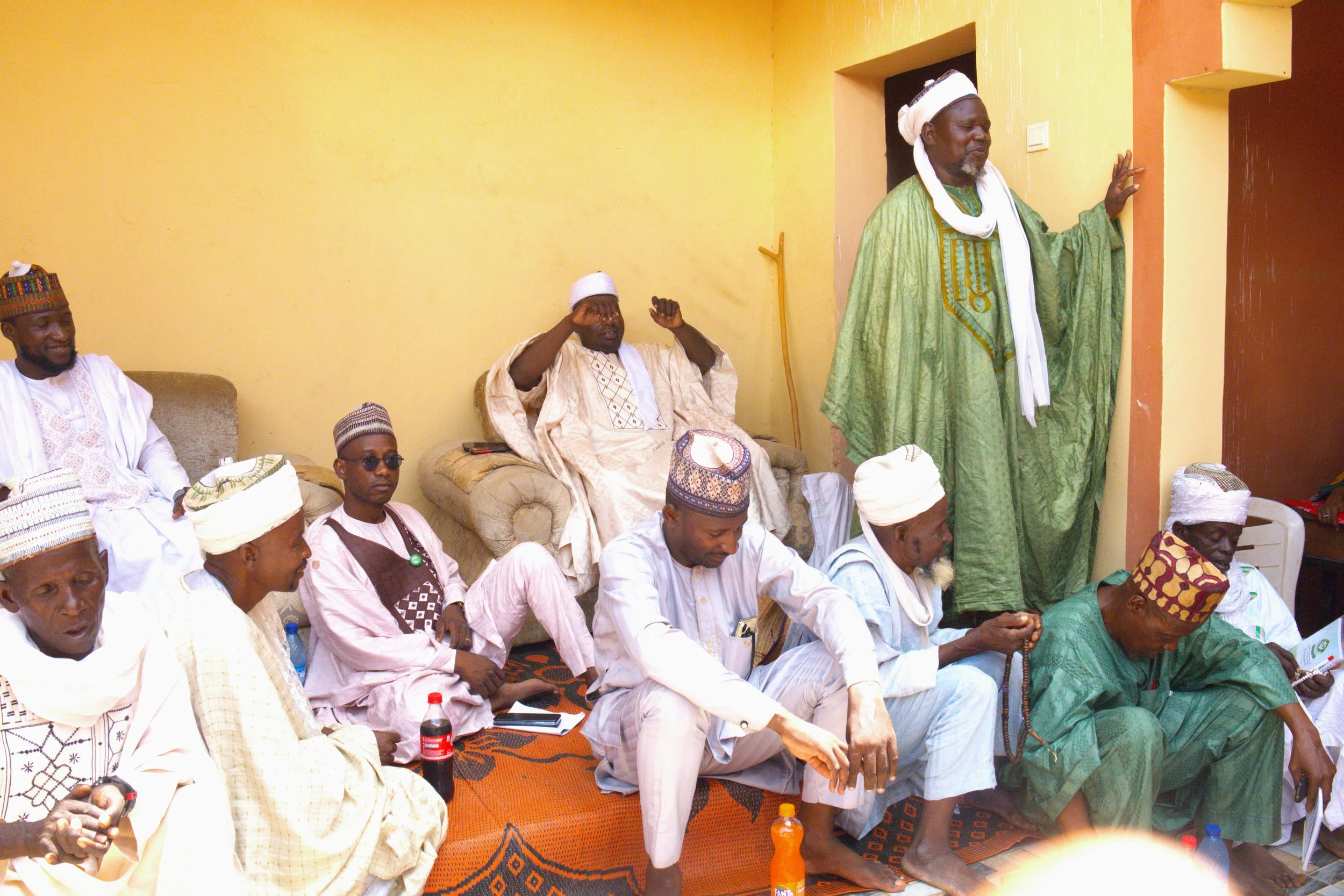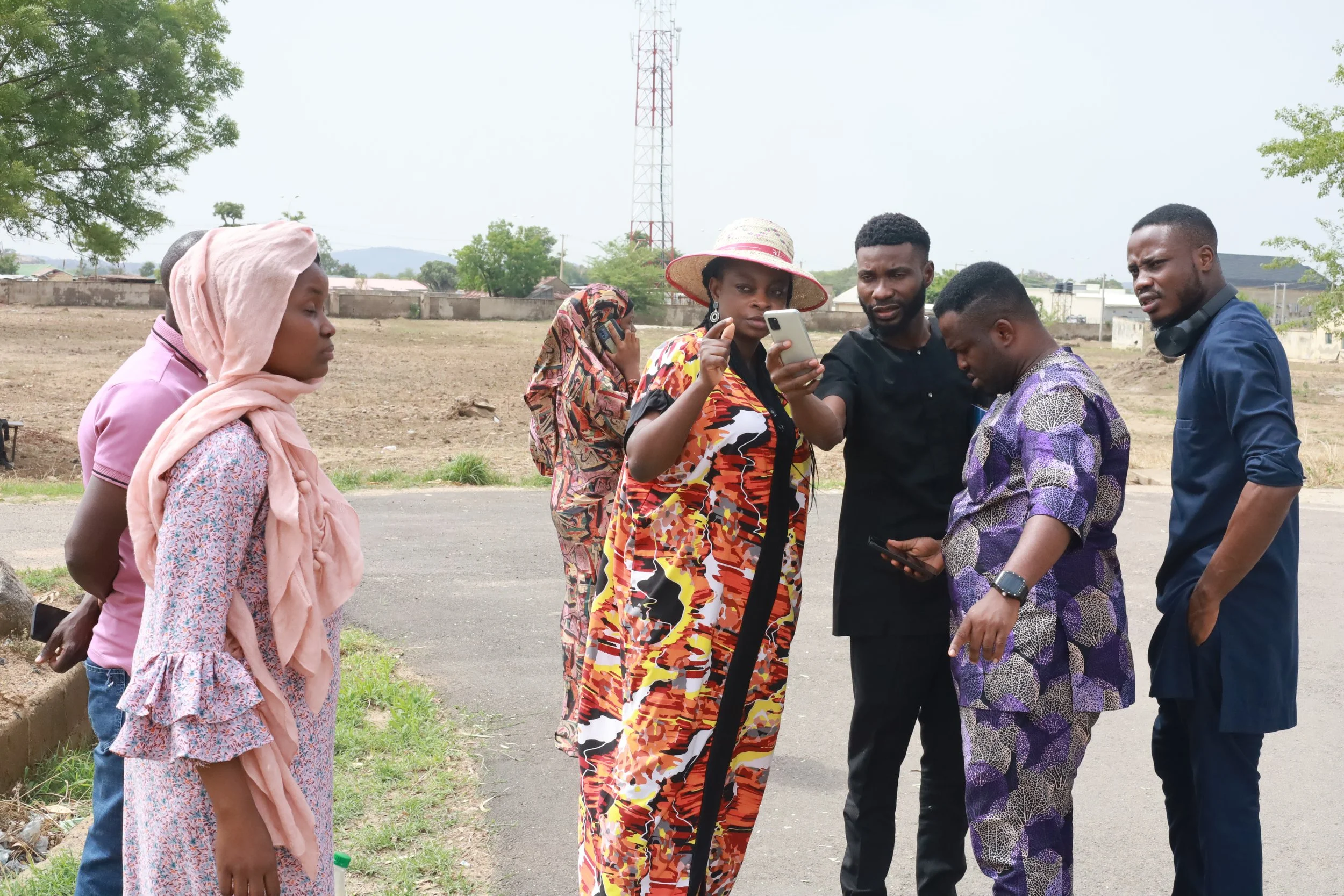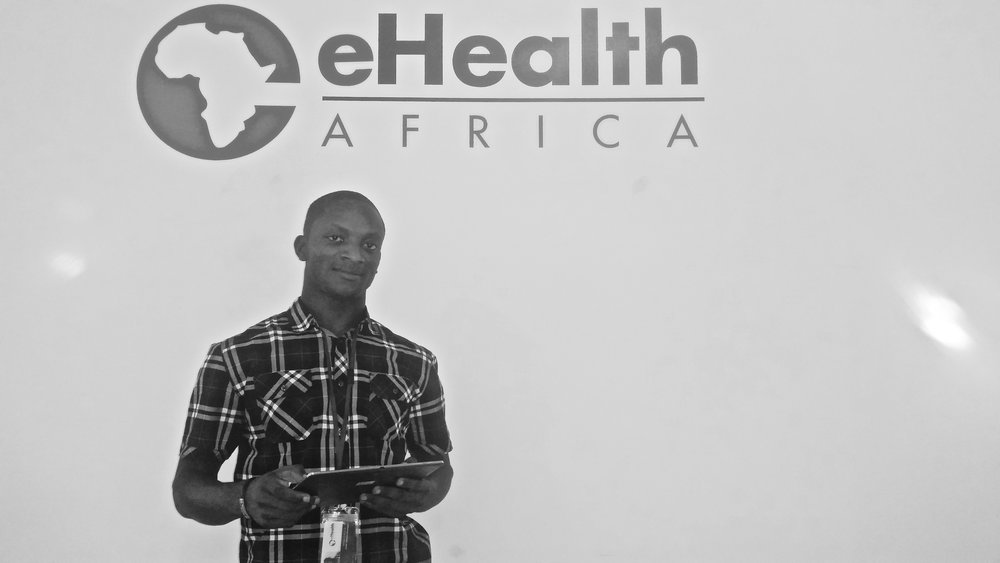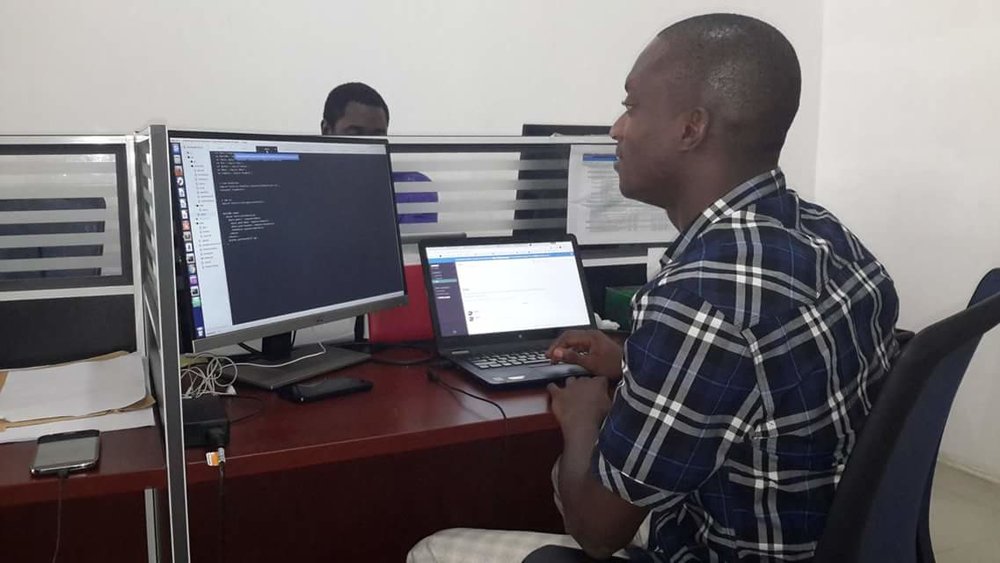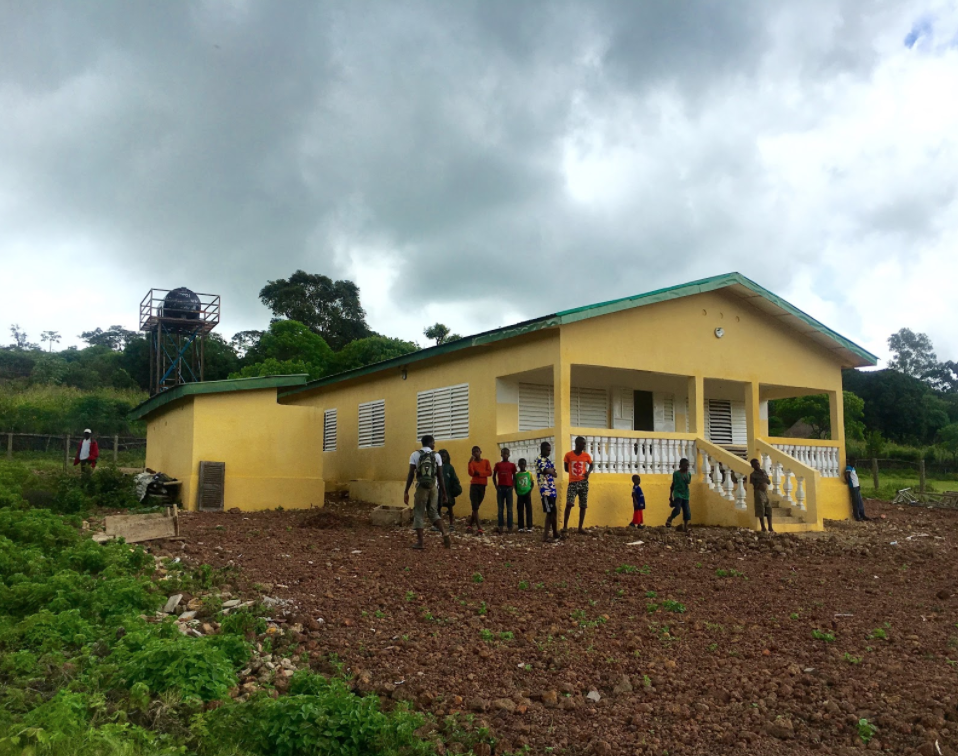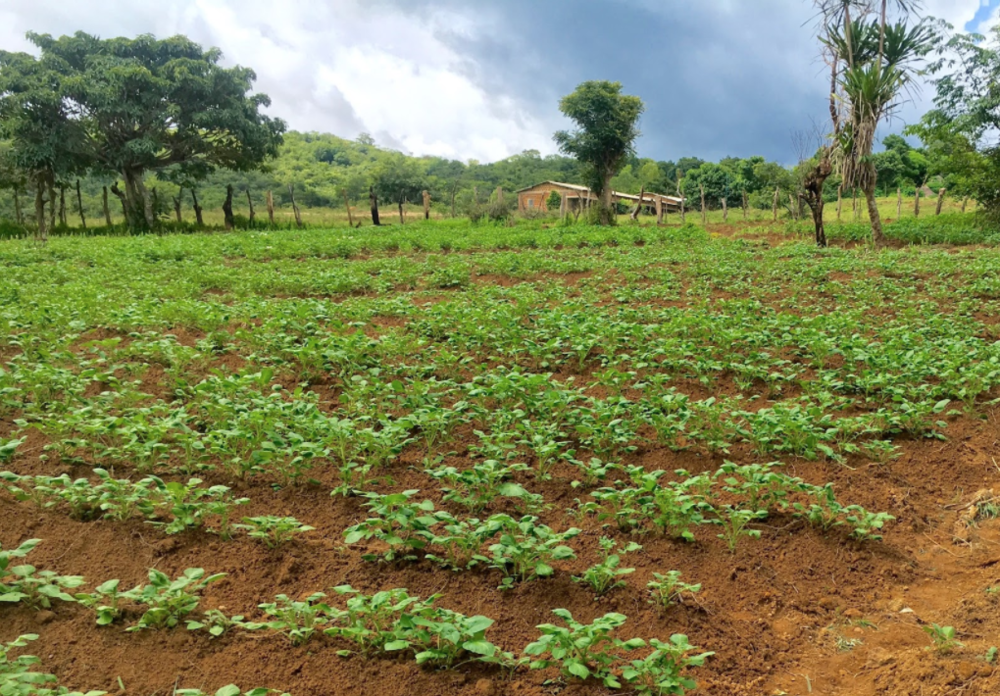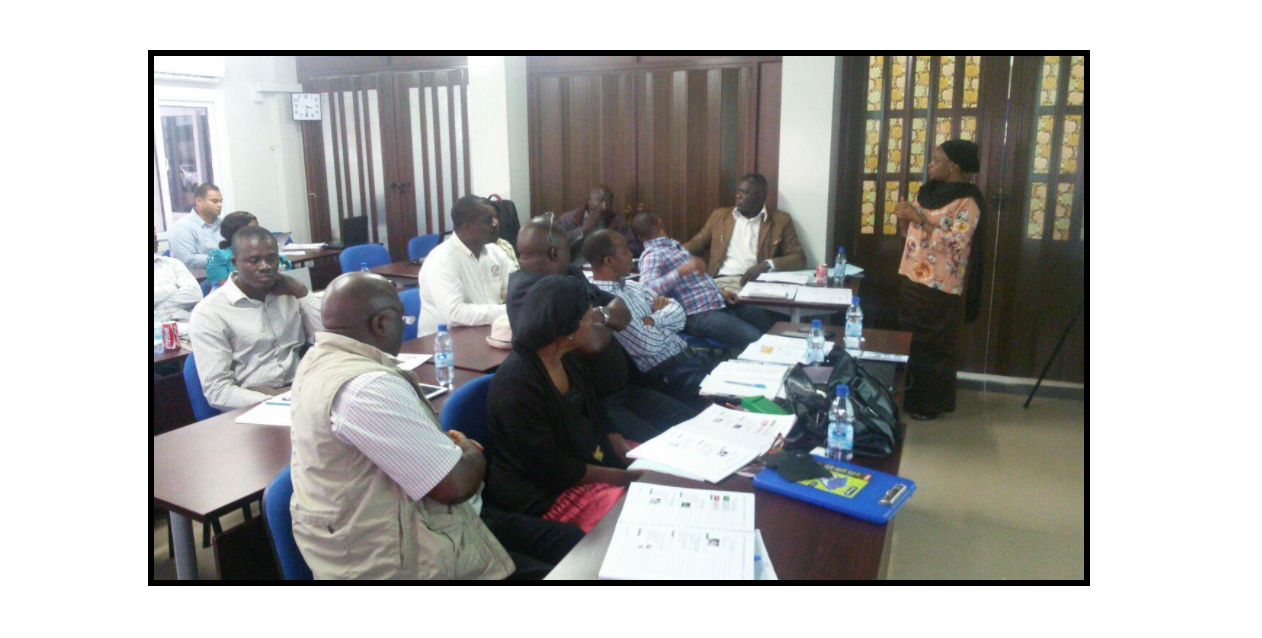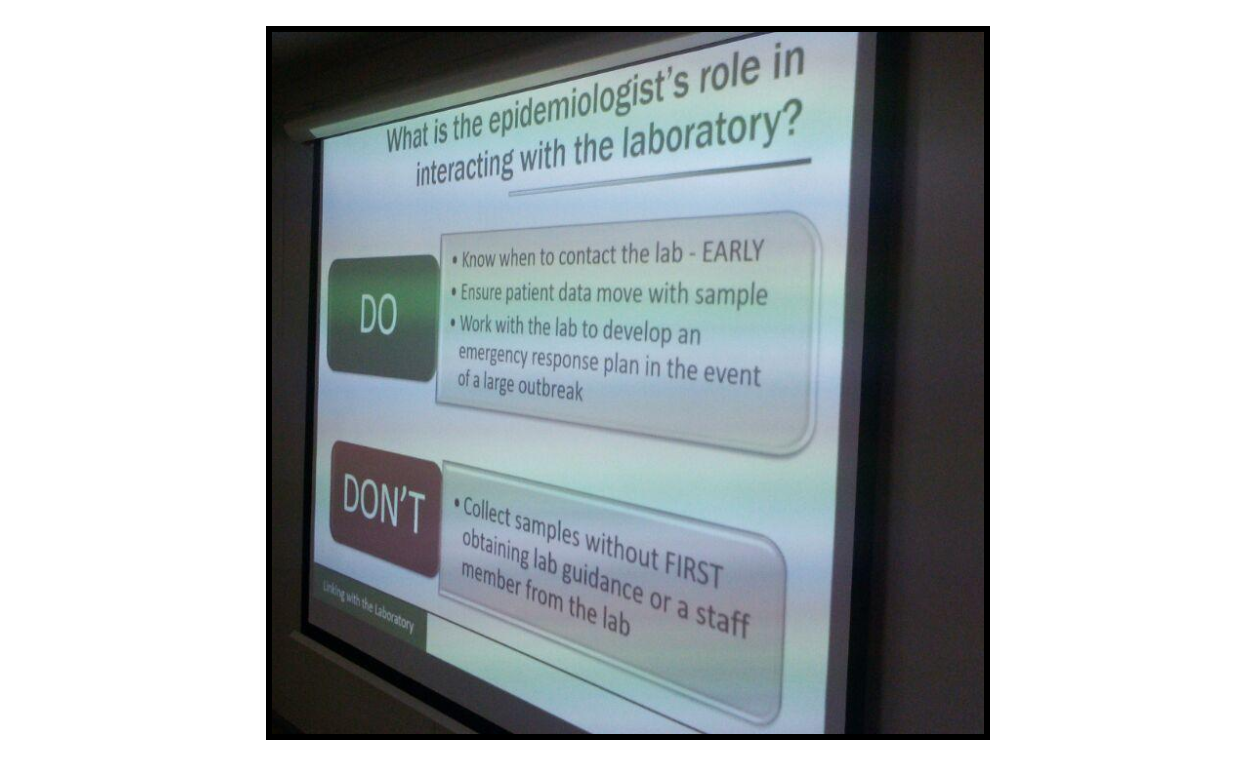By Daniel Ojabo
In partnership with the Sokoto State government, eHealth Africa (eHA) just launched a vaccine delivery and immunization campaign to address supply related gaps in Sokoto State, Nigeria.
Recently concluded phase of the Vaccine Direct Delivery (VDD) campaign in Kano State saw over 7 million doses of antigens delivered and 4.6 million children immunized. Building on this success, eHA will be engaging Sokoto State as a third party logistics partner to optimize the timely delivery of vaccines and routine immunization supplies across all 23 Local Government Areas (LGAs) in the state.
According to the VDD Project Manager Adamu Lawan, “eHA is contracted to deliver vaccines to health facilities at the wards across all 23 LGAs in the state.”
VDD will be implemented to support demand creation activities and address supply related factors on routine immunization uptake. It will provide a reliable vaccine delivery service for state Primary Health Care (PHCs) facilities in the state, allowing them to run monthly Immunization Plus Days (IPDs) in addition to regular vaccination clinics for children under five.
“eHA is contracted to deliver vaccines to health facilities at the wards across all 23 LGAs in the state.
- Adamu Lawan, Project Manager
”
The project, which kicked off on 13th December of 2016, is expected to run for 12 months and work with over 80 (PHCs) in Sokoto State. Health facilities will be clustered by Wards/LGAs in order to examine the effect of demand creation against improved supply over a 6-month period.
“Part of the mandate is also to help collect sharp and other wastes from the health facilities we make deliveries to, and deliver back to the cold stores,” Lawan added.
Several immunization programs across all 36 Nigerian states have seen a steady increase in vaccination coverage over the past decade. According to a 2014 report by the National Population Commission (NPC) of Nigeria and ICF Macro, full vaccination coverage of children aged 12-23 months was highest in Imo State (62.4%) and lowest in Sokoto State (1.4%).
The project will monitor and inform eHA, the Sokoto State government, and other stakeholders on the effect of improved vaccine delivery on childhood routine immunization in Sokoto State. The results of these research activities are expected to present an overall picture of the extent to which improving vaccine supply chain affects routine immunization coverage in Sokoto.
eHA will engage the state government through Routine Immunization officers who will track demand creation activities in their health facilities. Current routine immunization coverage information in Sokoto will also be documented using a desk review and analysis of District Health Information System (DHIS2) data. This research will be used to create a benchmark for evaluating the expected outcome of improving vaccine supply chain and delivery in Sokoto.

